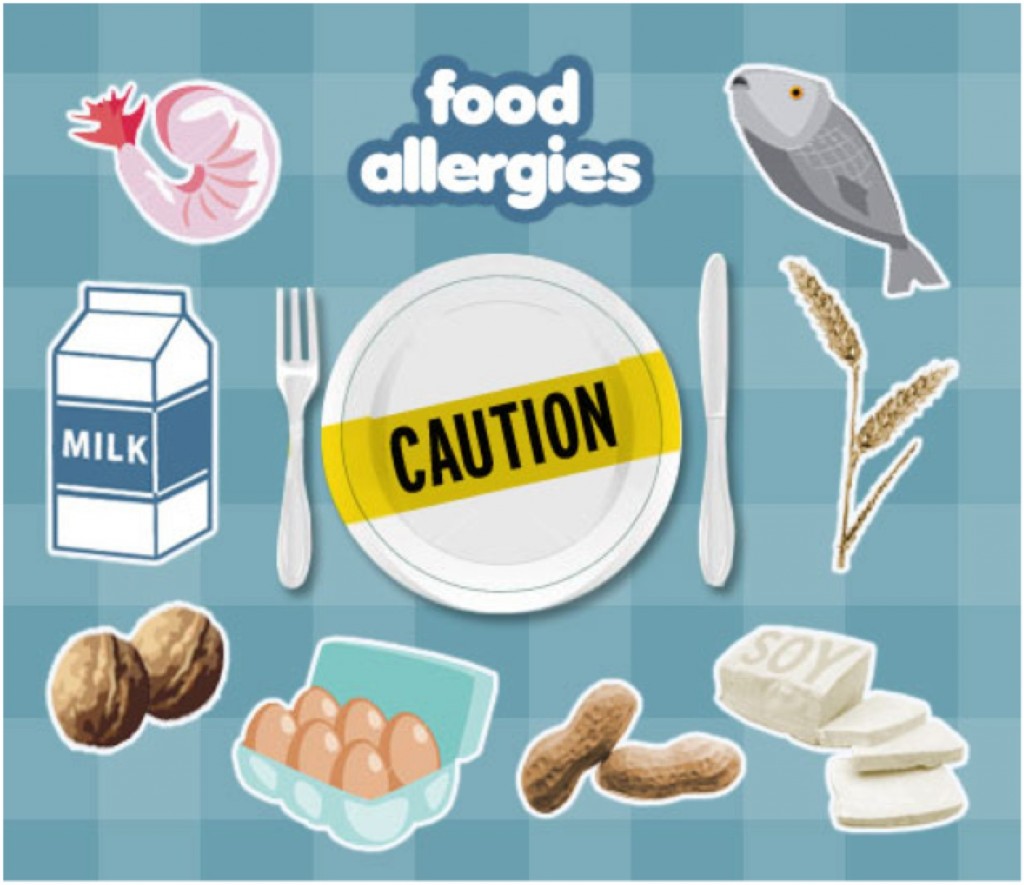 This week we had the privilege to have a Drug Recognition Expert (DRE), Staff Sergeant Derrick Green of the Alaska National Guard, come out and speak to our Stellerites about drug awareness and prevention.
This week we had the privilege to have a Drug Recognition Expert (DRE), Staff Sergeant Derrick Green of the Alaska National Guard, come out and speak to our Stellerites about drug awareness and prevention.
As a DRE, Staff Sergeant Green has been trained to use a 12-step evaluation to determine if an individual is under the influence of drugs and alcohol and to specify which class of drug(s) is being used. Staff Sergeant Green used this training as a military police officer, and later transformed his education into drug prevention and education programs for youth and adults.
Staff Sergeant Green has offered to come to Steller for an evening of parental education in drug recognition and awareness. Learn how to talk with your pre-teens & teens about drugs, how to recognize signs and symptoms of drug use, and what to do if you suspect your child is using drugs.
If you are interested in participating in an educational parent-night for drug awareness and prevention, please let me know a day of the week and time of night that would work best for you. I would like to get an idea of date/time that will work best for the majority of families and schedule accordingly with Staff Sergeant Green.
Nurse Wendy
williams_wendy@asdk12.org
907-742-4963

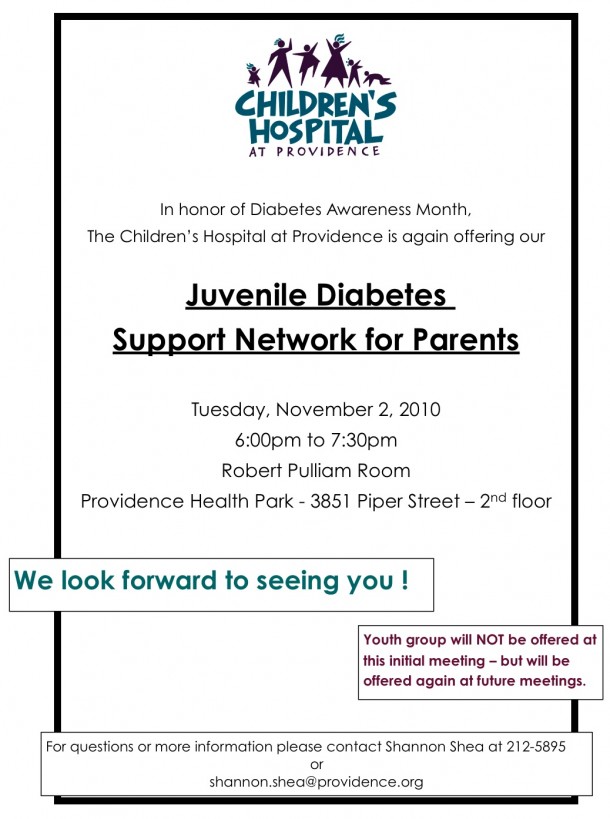
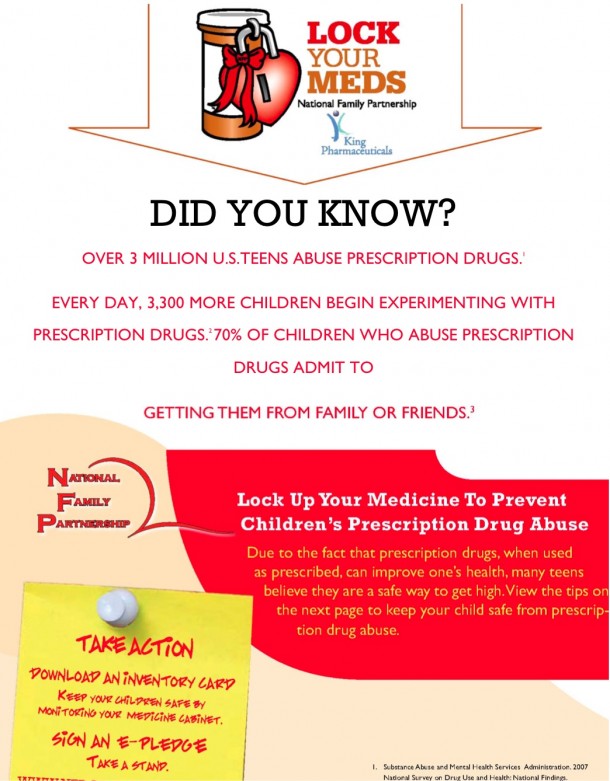
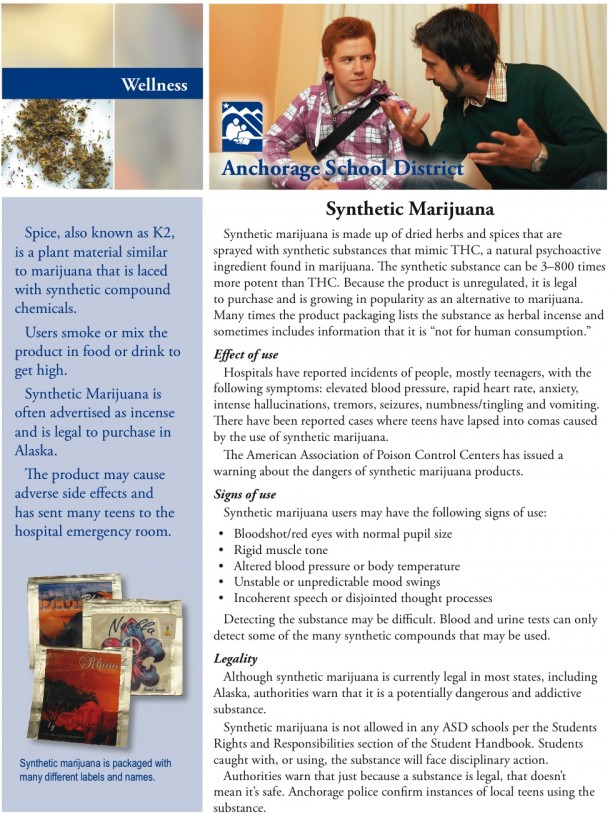
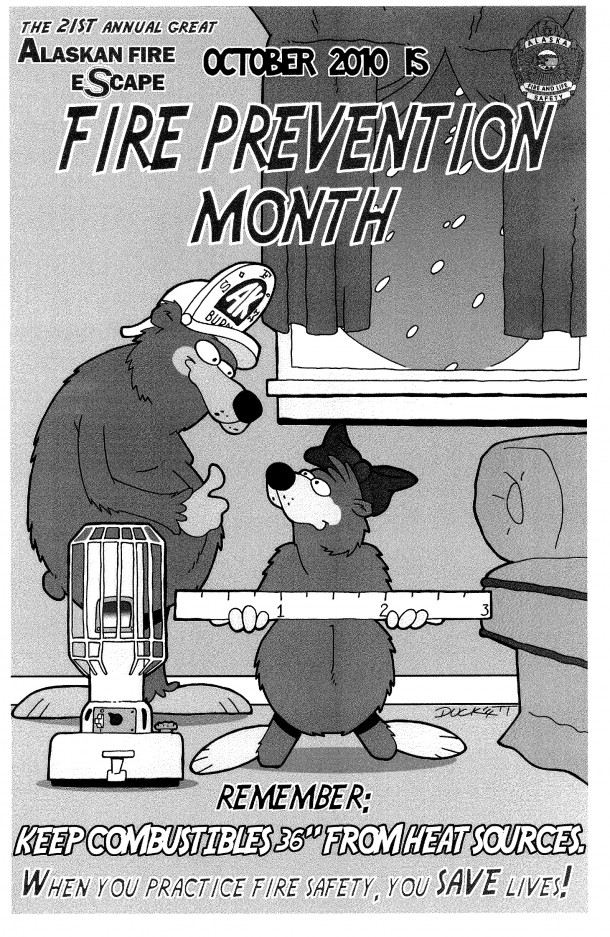
![Newsletter v5c[1]](http://www.stellerschool712.org/flash/wp-content/uploads/2010/09/Newsletter-v5c1-e1284832492214.jpg)
